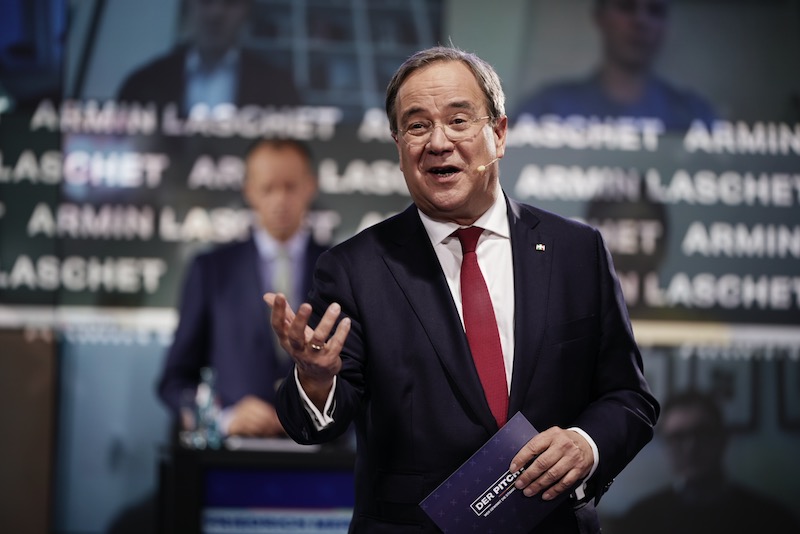German bishops and leading statesmen have been visiting the Vatican with the express purpose of easing tension and healing rifts between the Vatican and the German Church.
Within a short period, a remarkably long list of visitors granted a private audience with the Pope includes Cardinal Reinhard Marx of Munich, Bishops Georg Bätzing of Limburg, the conference president, Bertram Meier of Augsburg, Heiner Wilmer of Hildesheim, Heinz-Josef Algermissen emeritus of Fulda, and the Apostolic nuncio to Germany, Croatian Archbishop Nicola Eterovic.
Armin Laschet, current president of North Rhine-Westphalia and Christian Wulff, German President from 2010-2012, are among the secular visitors, according to the news agency KNA.
Bishop Meier, 60, paid his inaugural episcopal visit to Pope Francis last month. Meier spent ten years at the Secretariat of State in the Vatican and in Germany he is considered a “connoisseur of the curial-Roman mentality”. Shortly after he was appointed bishop earlier this year, he emphasised that one of his main tasks was to reconcile the German Church with the Vatican.
Earlier this month, Bishop Heiner Wilmer, 57, of Hildesheim, one of Germany’s youngest bishops, who sees reconciliation between the German Church and the Vatican as one of his chief commitments, also had a private audience with Francis.
Wilmer, who was Superior General of the Congregation of the Priests of the Sacred Heart, or the Dehonians, before he became Bishop of Hildesheim, has spoken in favour of allowing a married priests.
The meetings are understood to have taken place in the context of the Pope’s Letter to the Itinerant People of God in Germany in which Francis asked German Catholics not to allow their synodal procedure for church reform to distance them from the world Church. The synodal reforms are intended to reduce clerical power, address sexual abuse and adapt the priestly life style.
Meanwhile Cardinal Kurt Koch, President of the Pontifical Council for Promoting Christian Unity, in an interview he gave with the Linz diocesan newspaper last week after a 10-day visit to Austria, said that it is impossible to ignore the question of women’s ordination.
In his view the main problem was that discussions usually focus on a “purely functional” ministry. In that sense it was “impossible” to make clear why women should not perform the same functions as men.
“Theologically, however,” he continued, “one must go into what ordination means and how vocation is understood when it is linked to ordination, namely how the representation of Christ as the Head of the Church is to be understood.”



 Loading ...
Loading ...